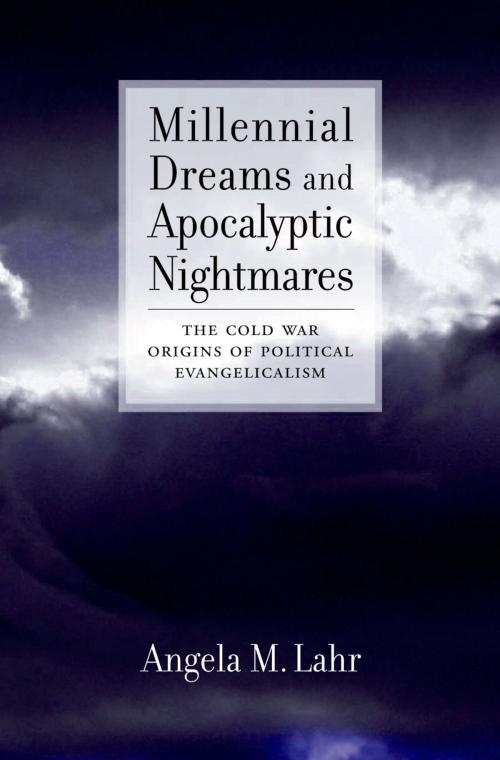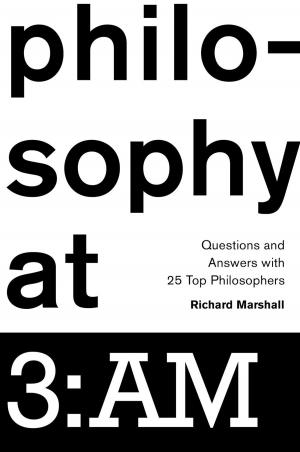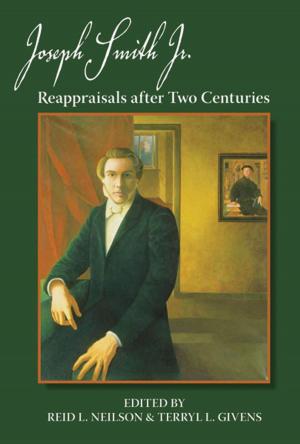Millennial Dreams and Apocalyptic Nightmares
The Cold War Origins of Political Evangelicalism
Nonfiction, Religion & Spirituality, Christianity, Church, Church & State, Evangelism, Social & Cultural Studies, Political Science, Government, Communism & Socialism| Author: | Angela M. Lahr | ISBN: | 9780190295462 |
| Publisher: | Oxford University Press | Publication: | October 31, 2007 |
| Imprint: | Oxford University Press | Language: | English |
| Author: | Angela M. Lahr |
| ISBN: | 9780190295462 |
| Publisher: | Oxford University Press |
| Publication: | October 31, 2007 |
| Imprint: | Oxford University Press |
| Language: | English |
The Religious Right came to prominence in the early 1980s, but it was born during the early Cold War. Evangelical leaders like Billy Graham, driven by a fierce opposition to communism, led evangelicals out of the political wilderness they'd inhabited since the Scopes trial and into a much more active engagement with the important issues of the day. How did the conservative evangelical culture move into the political mainstream? Angela Lahr seeks to answer this important question. She shows how evangelicals, who had felt marginalized by American culture, drew upon their eschatological belief in the Second Coming of Christ and a subsequent glorious millennium to find common cause with more mainstream Americans who also feared a a 'soon-coming end,' albeit from nuclear war. In the early postwar climate of nuclear fear and anticommunism, the apocalyptic eschatology of premillennial dispensationalism embraced by many evangelicals meshed very well with the "secular apocalyptic" mood of a society equally terrified of the Bomb and of communism. She argues that the development of the bomb, the creation of the state of Israel, and the Cuban Missile Crisis combined with evangelical end-times theology to shape conservative evangelical political identity and to influence secular views. Millennial beliefs influenced evangelical interpretation of these events, repeatedly energized evangelical efforts, and helped evangelicals view themselves and be viewed by others as a vital and legitimate segment of American culture, even when it raised its voice in sharp criticism of aspects of that culture. Conservative Protestants were able to take advantage of this situation to carve out a new space for their subculture within the national arena. The greater legitimacy that evangelicals gained in the early Cold War provided the foundation of a power-base in the national political culture that the religious right would draw on in the late seventies and early eighties. The result, she demonstrates, was the alliance of religious and political conservatives that holds power today.
The Religious Right came to prominence in the early 1980s, but it was born during the early Cold War. Evangelical leaders like Billy Graham, driven by a fierce opposition to communism, led evangelicals out of the political wilderness they'd inhabited since the Scopes trial and into a much more active engagement with the important issues of the day. How did the conservative evangelical culture move into the political mainstream? Angela Lahr seeks to answer this important question. She shows how evangelicals, who had felt marginalized by American culture, drew upon their eschatological belief in the Second Coming of Christ and a subsequent glorious millennium to find common cause with more mainstream Americans who also feared a a 'soon-coming end,' albeit from nuclear war. In the early postwar climate of nuclear fear and anticommunism, the apocalyptic eschatology of premillennial dispensationalism embraced by many evangelicals meshed very well with the "secular apocalyptic" mood of a society equally terrified of the Bomb and of communism. She argues that the development of the bomb, the creation of the state of Israel, and the Cuban Missile Crisis combined with evangelical end-times theology to shape conservative evangelical political identity and to influence secular views. Millennial beliefs influenced evangelical interpretation of these events, repeatedly energized evangelical efforts, and helped evangelicals view themselves and be viewed by others as a vital and legitimate segment of American culture, even when it raised its voice in sharp criticism of aspects of that culture. Conservative Protestants were able to take advantage of this situation to carve out a new space for their subculture within the national arena. The greater legitimacy that evangelicals gained in the early Cold War provided the foundation of a power-base in the national political culture that the religious right would draw on in the late seventies and early eighties. The result, she demonstrates, was the alliance of religious and political conservatives that holds power today.















